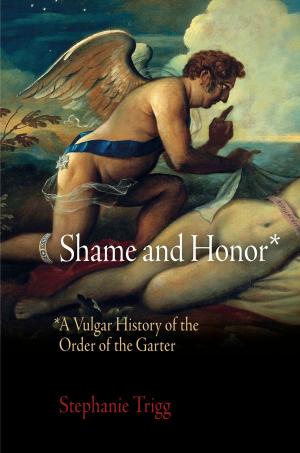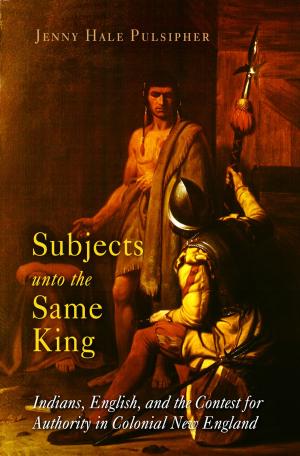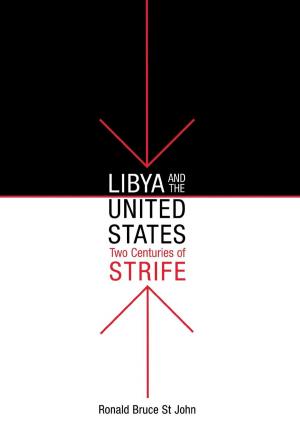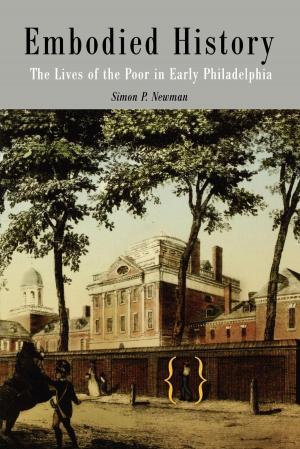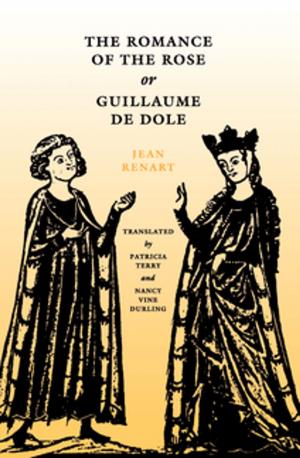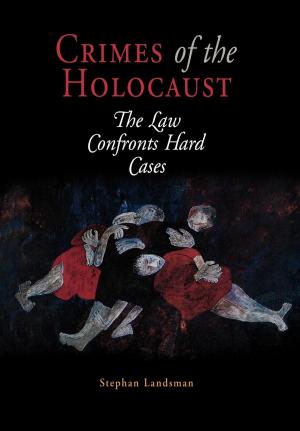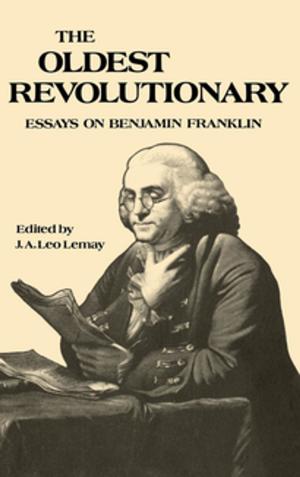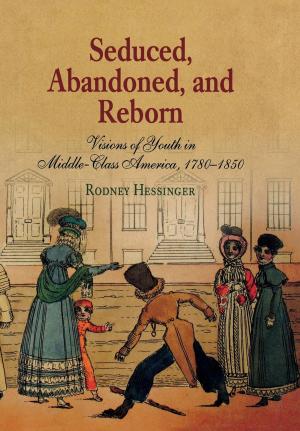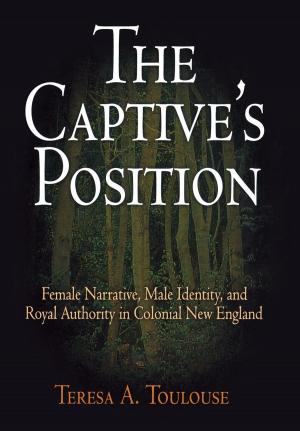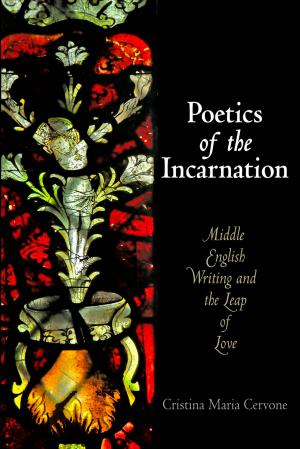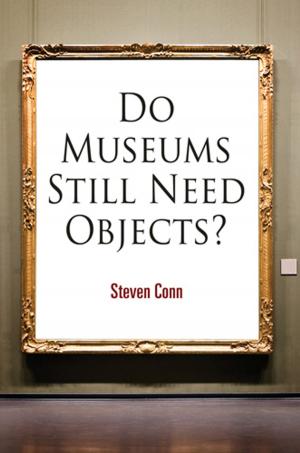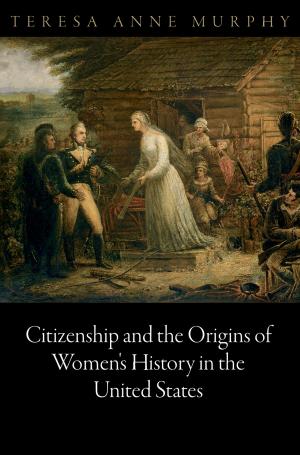Fictions of Conversion
Jews, Christians, and Cultures of Change in Early Modern England
Nonfiction, Religion & Spirituality, Reference, Comparative Religion, Fiction & Literature, Literary Theory & Criticism, British, Social & Cultural Studies, Social Science| Author: | Jeffrey S. Shoulson | ISBN: | 9780812208191 |
| Publisher: | University of Pennsylvania Press, Inc. | Publication: | March 21, 2013 |
| Imprint: | University of Pennsylvania Press | Language: | English |
| Author: | Jeffrey S. Shoulson |
| ISBN: | 9780812208191 |
| Publisher: | University of Pennsylvania Press, Inc. |
| Publication: | March 21, 2013 |
| Imprint: | University of Pennsylvania Press |
| Language: | English |
The fraught history of England's Long Reformation is a convoluted if familiar story: in the space of twenty-five years, England changed religious identity three times. In 1534 England broke from the papacy with the Act of Supremacy that made Henry VIII head of the church; nineteen years later the act was overturned by his daughter Mary, only to be reinstated at the ascension of her half-sister Elizabeth. Buffeted by political and confessional cross-currents, the English discovered that conversion was by no means a finite, discrete process. In Fictions of Conversion, Jeffrey S. Shoulson argues that the vagaries of religious conversion were more readily negotiated when they were projected onto an alien identity—one of which the potential for transformation offered both promise and peril but which could be kept distinct from the emerging identity of Englishness: the Jew.
Early modern Englishmen and -women would have recognized an uncannily familiar religious chameleon in the figure of the Jewish converso, whose economic, social, and political circumstances required religious conversion, conformity, or counterfeiting. Shoulson explores this distinctly English interest in the Jews who had been exiled from their midst nearly three hundred years earlier, contending that while Jews held out the tantalizing possibility of redemption through conversion, the trajectory of falling in and out of divine favor could be seen to anticipate the more recent trajectory of England's uncertain path of reformation. In translations such as the King James Bible and Chapman's Homer, dramas by Marlowe, Shakespeare, and Jonson, and poetry by Donne, Vaughan, and Milton, conversion appears as a cypher for and catalyst of other transformations—translation, alchemy, and the suspect religious enthusiasm of the convert—that preoccupy early modern English cultures of change.
The fraught history of England's Long Reformation is a convoluted if familiar story: in the space of twenty-five years, England changed religious identity three times. In 1534 England broke from the papacy with the Act of Supremacy that made Henry VIII head of the church; nineteen years later the act was overturned by his daughter Mary, only to be reinstated at the ascension of her half-sister Elizabeth. Buffeted by political and confessional cross-currents, the English discovered that conversion was by no means a finite, discrete process. In Fictions of Conversion, Jeffrey S. Shoulson argues that the vagaries of religious conversion were more readily negotiated when they were projected onto an alien identity—one of which the potential for transformation offered both promise and peril but which could be kept distinct from the emerging identity of Englishness: the Jew.
Early modern Englishmen and -women would have recognized an uncannily familiar religious chameleon in the figure of the Jewish converso, whose economic, social, and political circumstances required religious conversion, conformity, or counterfeiting. Shoulson explores this distinctly English interest in the Jews who had been exiled from their midst nearly three hundred years earlier, contending that while Jews held out the tantalizing possibility of redemption through conversion, the trajectory of falling in and out of divine favor could be seen to anticipate the more recent trajectory of England's uncertain path of reformation. In translations such as the King James Bible and Chapman's Homer, dramas by Marlowe, Shakespeare, and Jonson, and poetry by Donne, Vaughan, and Milton, conversion appears as a cypher for and catalyst of other transformations—translation, alchemy, and the suspect religious enthusiasm of the convert—that preoccupy early modern English cultures of change.

